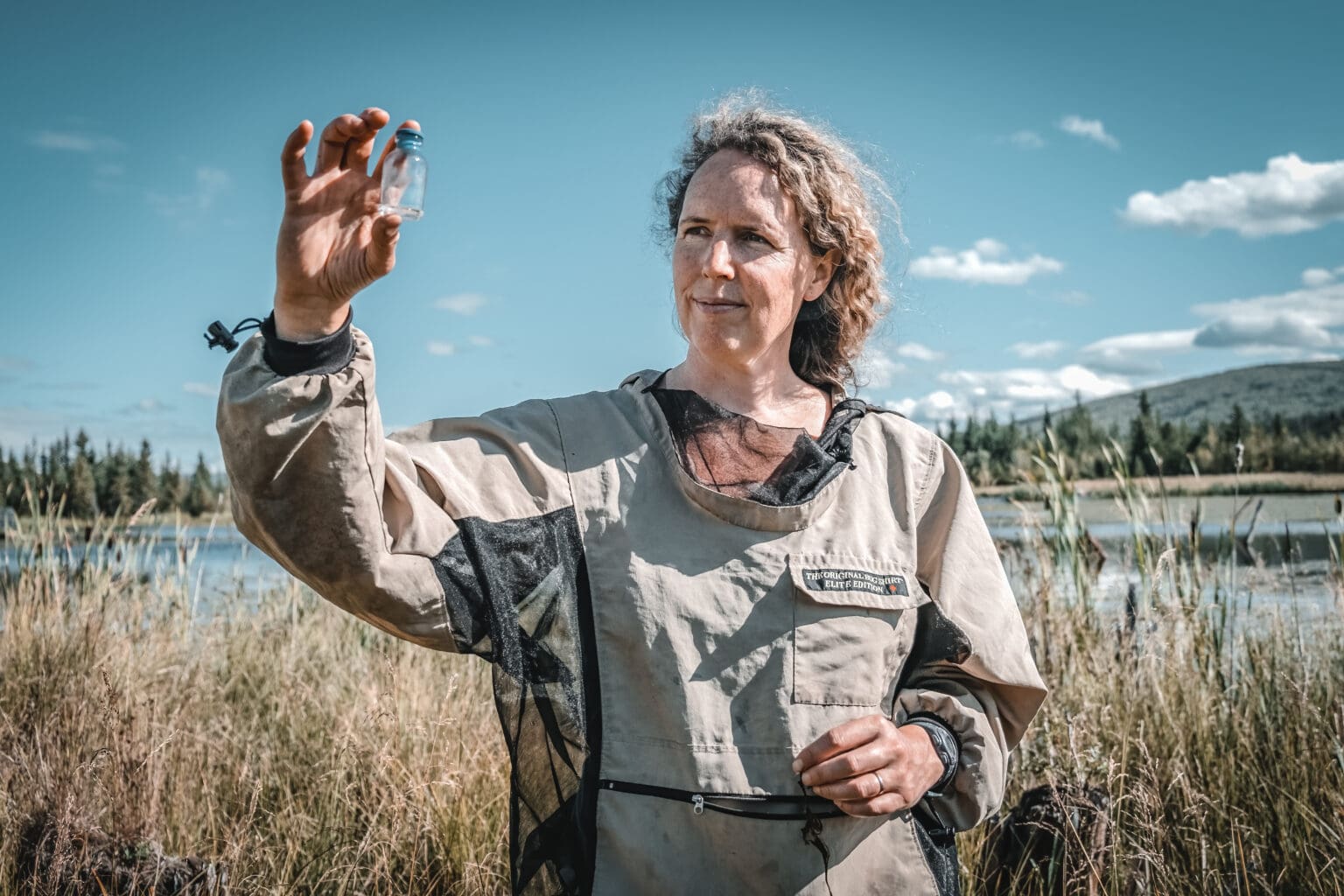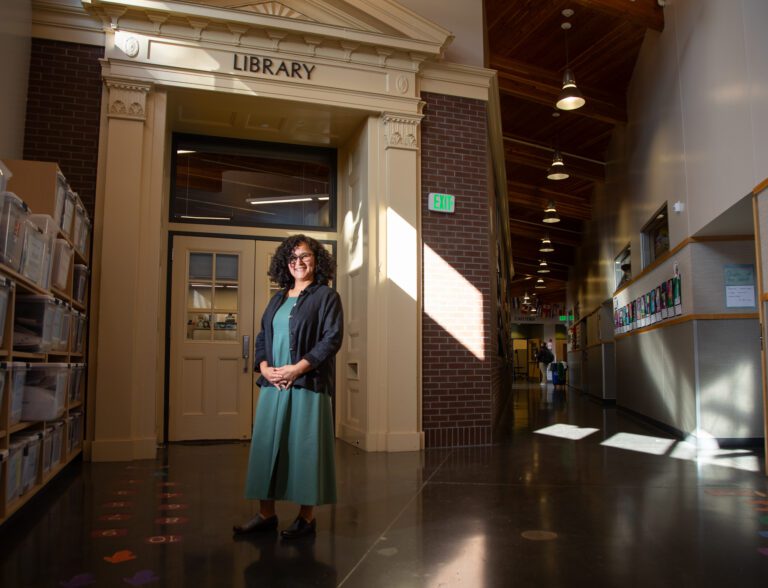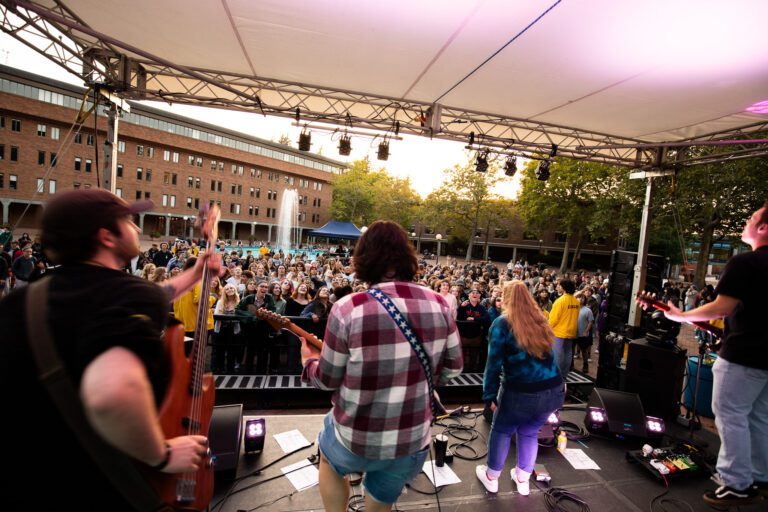Pair a global climate change scientist and a filmmaker together and the result is a documentary that serves as a “wake-up call” to humanity.
Mount Vernon-based couple Phoebe Barnard and John Bowey know they can do little to battle climate change as individuals. But with Barnard’s expert knowledge and Bowey’s creative eye, their locally produced documentary reaches a broader audience.
“The Climate Restorers: Back to Our Future,” is the first in a four-part series taking an unflinching look at the dire state of the natural world — and what can be done to help swing it at least partially back into balance. The hourlong episode airs Monday, Dec. 11 at the Lincoln Theatre in Mount Vernon, followed by a Q&A.
The feature hones in on the global effects of greenhouse gases on the environment. Watching it, one at first gets the sense that the human race has propelled itself to possible extinction within the next 100 years and it is too late to reverse course.
But an array of scientists, technologists, innovators and activists in the field of climate restoration — which removes methane and CO2 from the atmosphere, along with focusing on ecosystem restoration — do offer glimmers of hope.
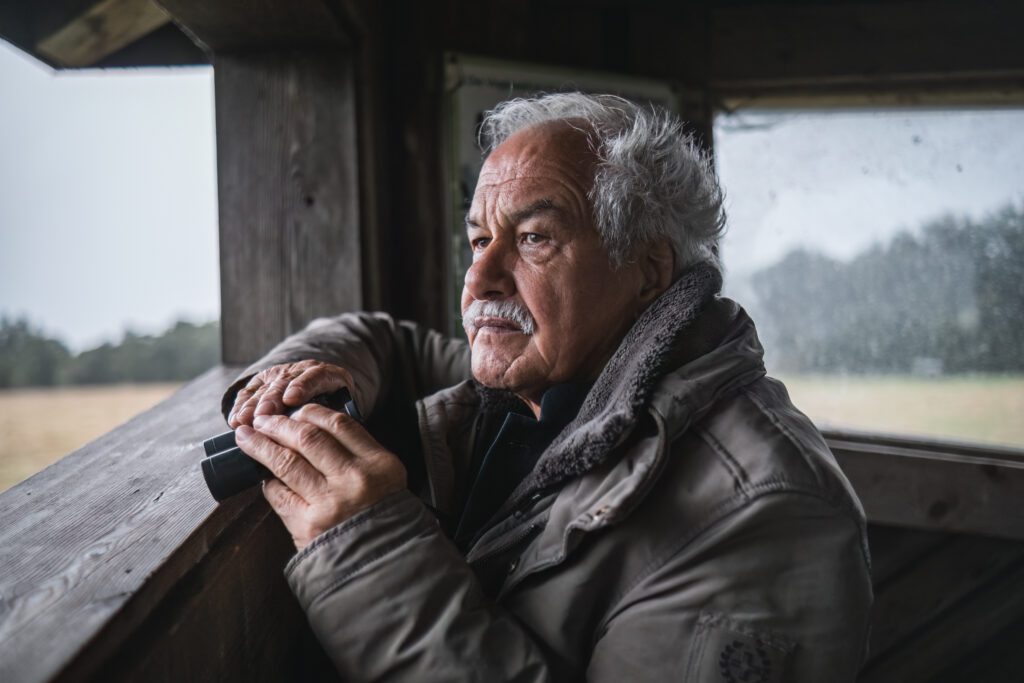
“The bottom line is we’ve left it too late,” Barnard said during an interview. “We can no longer afford to avoid technological solutions. Everything we know and love is at stake, so it really can be overwhelming.”
Bowey said his production company, TransmediaVision, works mostly on social topics, including gender issues, homelessness and recovery from addiction. A project like this, he said, isn’t too different.
“We’ve got an addiction to fossil fuels, addiction to comfort, addiction to convenience, wealth, status and all those things,” he said. “I’m not a scientist at all, but as a filmmaker, all you need to hopefully be able to do is ask the right questions.”
The biggest challenge in directing the movie, he said, was tackling a complex scientific subject.
There is quite a bit of “science speak” in “The Climate Restorers,” but it never gets too bogged down as people from around the world weigh in on the topic. Compelling narration by noted actor Peter Coyote — who took on the job pro bono because he believes so strongly in the subject — also helps move the action along, even when he’s sounding the alarm.
“We’ve run out of time to save everything that’s precious to us, and the weather news now upstages the worst disaster movies,” Coyote intones at the beginning of the film as tornadoes, wildfires and the impact of hurricanes flash onscreen. “But unlike the disaster movies, there’s few heroes taking charge, and there doesn’t seem to be a plan. So where does that leave you? What is your vision of the future?”
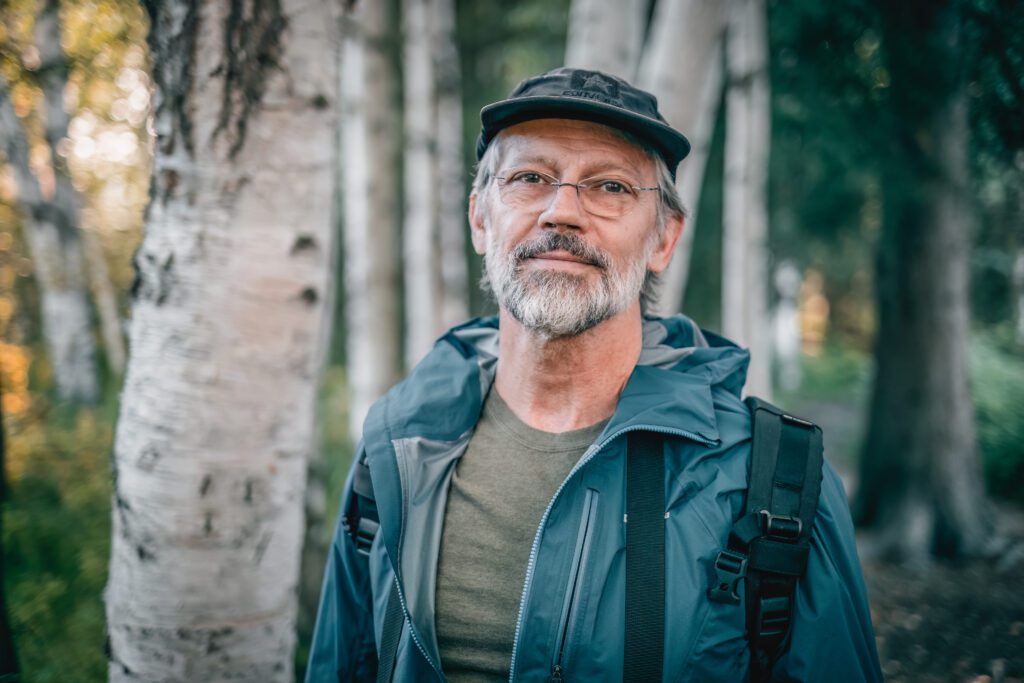
Possible solutions that may impact that future he talks about include nature-inspired carbon removal, seaweed permaculture, ocean iron fertilization and direct air capture. It is also explained that methane is far more powerful than carbon dioxide, and prioritizing removing methane could help lower ever-rising temperatures.
Near the end of the episode, a number of other solutions to combating climate change are mentioned. These include reducing meat consumption; protecting and restoring ecosystems such as wetlands; improving soil health; reducing the tons of food wasted in landfills by operating large compost sites and holding the oil, gas and mining industries accountable by keeping pipelines leak-free and in good working condition.
Bernard has worked in global change science for decades, most recently running the Stable Planet Alliance — a coalition dedicated to creating large-scale social change to reduce the human impact on the planet. But she said she knows social change is just part of the piece of the puzzle of restoring the climate.
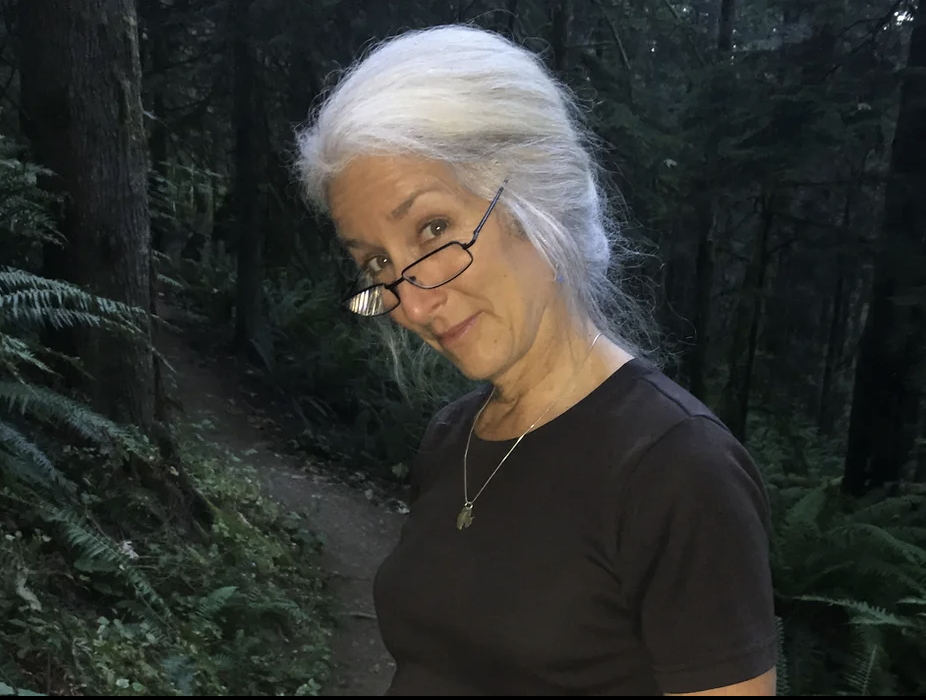
“My concern is that we’re coming up fast to a brick wall of instability, un-sustainability, the potential in a breakdown of society,” she said, comparing the future of humanity to that of the doomed Titanic. “We have to try and swing hard on the tiller to avoid the iceberg as fast as possible, and in as meaningful and engaging and compelling a way as possible — which is not easy with science.”
“The Climate Restorers” shows at 6:30 p.m. Monday, Dec. 11 at the Lincoln Theatre, 712 S. First St., Mount Vernon. Admission is free and open to everyone. Donations will be gratefully accepted at the door. Info: lincolntheatre.org or backtoourfuture.net.

